Cholera threatens to significantly increase the health risk of people in Nigeria, especially those residing in the North-East.
About 6,200 cases have already been reported in Borno state with 100 deaths confirmed.
Since early July, Niger has been battling its worst cholera outbreak in years. As the disease ebbs, Médecins Sans Frontières (MSF) and local health authorities have shifted their focus to preventing future outbreaks in the southern region of Maradi, most affected by the current epidemic and known as a hotspot for cholera along the border of Niger and Nigeria.
“The magnitude of this epidemic, with many simultaneous outbreaks in Niger and Nigeria, has been unprecedented in the subregion”, said Innocent Kunywana, field coordinator of the rapid emergency response team for the Sahel (EMUSa).
“One distinctive feature of the epidemic has been the cross-border movement of patients, many of whom have travelled from Nigeria to Niger to get free treatment”, Kunywana said. “This, together with lack of access to clean water across the border areas of both countries, had an impact on the time needed to halt the spread of cholera.”
Cholera has been receding in Niger in the last weeks, but risks of further propagation remain. With several ongoing outbreaks in northeast Nigeria, the border areas of Niger are still particularly exposed. Most hit is the Diffa region, where 250,000 people are displaced by conflict, is at high risk due to its closeness to the Nigerian border.
An estimated 100,000 people still die of the disease every year, although with a timely diagnosis, the disease can easily be treated through oral or intravenous rehydration.
“The vaccine protects against cholera for about two to three years. The downside of any such intervention is that it implies a bet that the disease will return within this period, to these specific areas. In Maradi, it is a very likely scenario.”
According to the United Nations a whooping 100 persons died from Cholera outbreak in September in Yobe and Borno states.
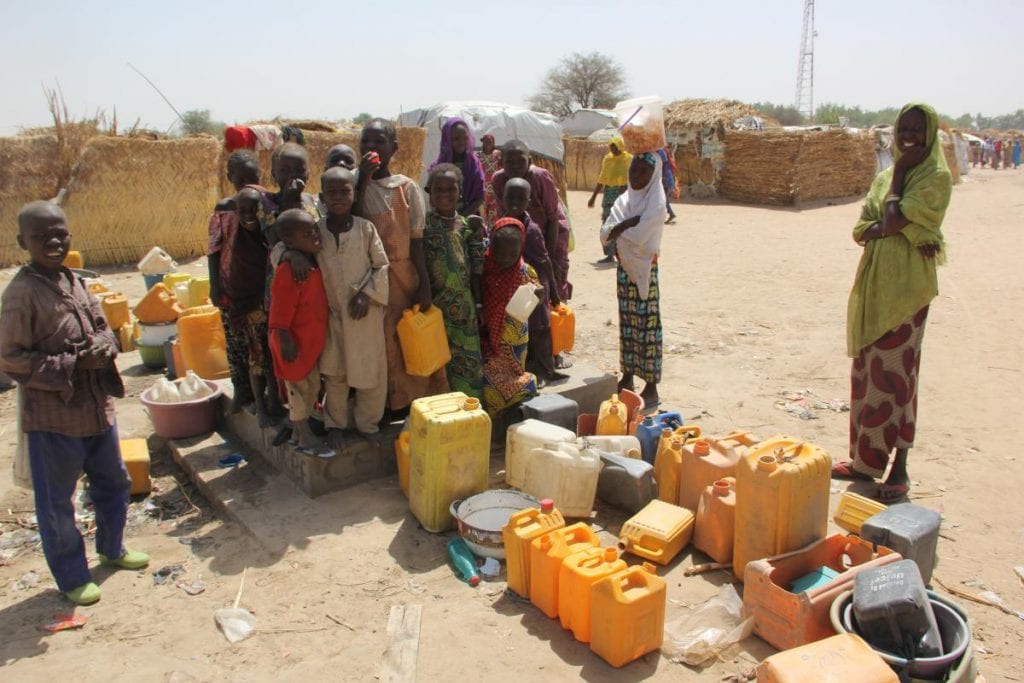
The UN reported that more than 500 people had died from cholera in the Lake Chad region since the start of the year, representing the worst outbreak to hit the area in four years.
It said more than six million people could be affected by the outbreak without urgent action to control it.
The Lake Chad region straddles parts of Nigeria, Cameroon, Chad and Niger, which are also having to deal with terrorists activities.
The UN Office for the Coordination of Humanitarian Affairs (OCHA) said Nigeria, Africa’s most populous nation, was the worst-hit with 24 000 cases overall, and said immediate action was needed to stem the disease.
EDITOR’S NOTE
Cholera is an infectious disease that causes severe watery diarrhea, which can lead to dehydration and even death if untreated. It is caused by eating food or drinking water contaminated with a bacterium called Vibrio cholerae.












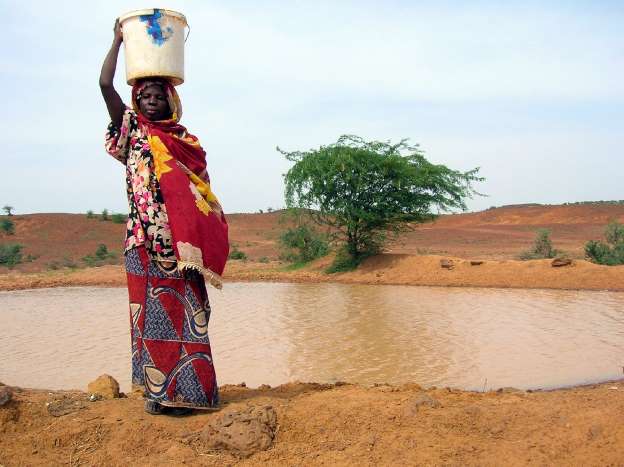










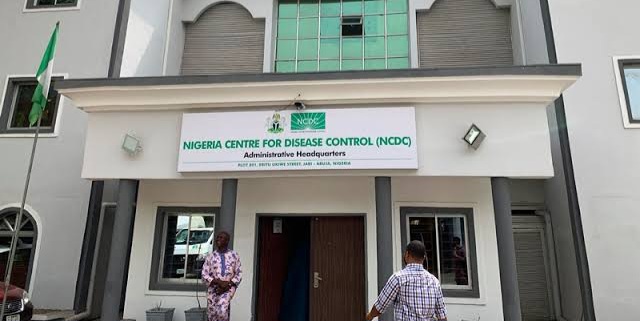






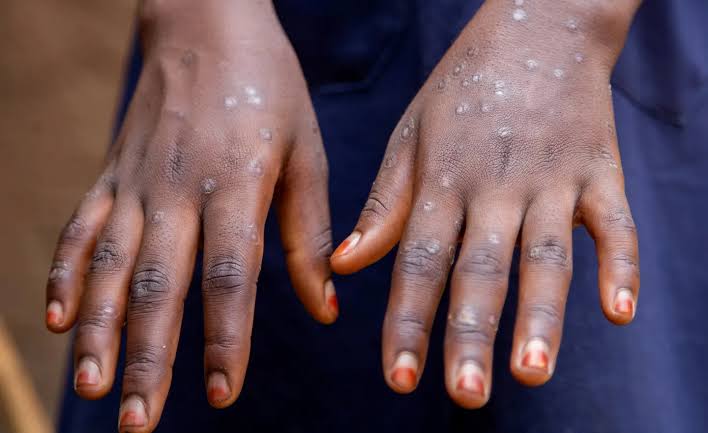
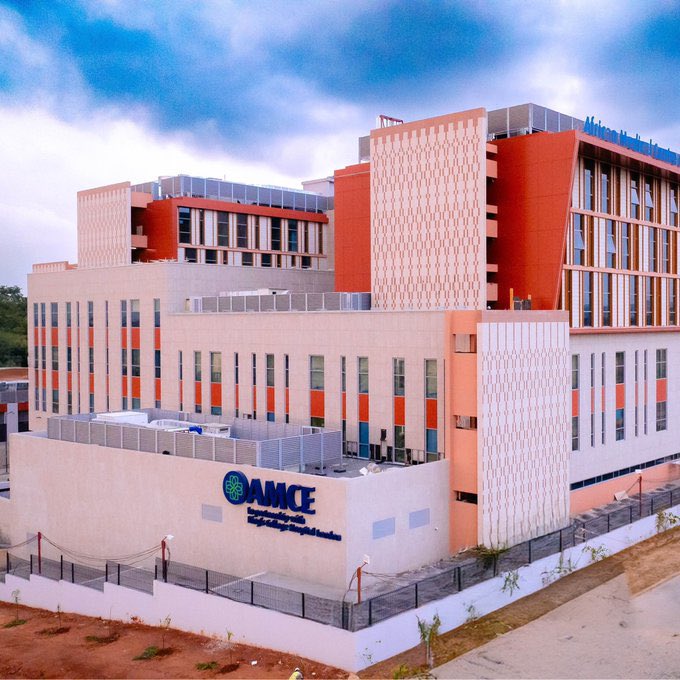






Leave a comment